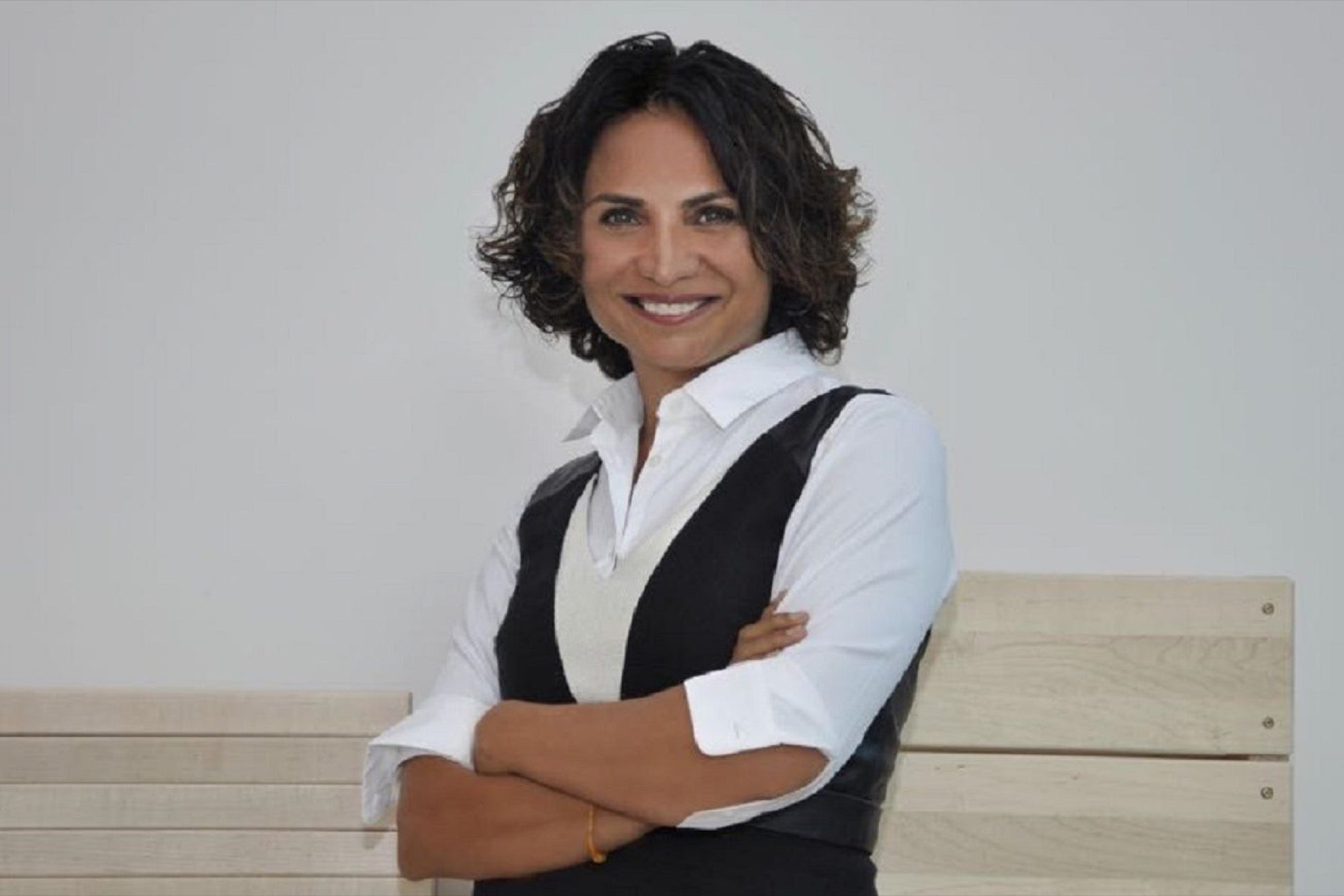Entrepreneur Middle East's Achieving Women 2018: Aparna Verma, Founder, Scholars International Group Aparna Verma has established Scholars International Group to serve various educational needs of the expatriate population in the UAE.
By Tamara Pupic
You're reading Entrepreneur Middle East, an international franchise of Entrepreneur Media.

The entrepreneurial path of Aparna Verma, founder and CEO of Scholars International Group (SIG), is one that started at a very early age, fueled by her desire to continue her parents' legacy of providing quality education for the youth of the UAE.
Dubai Scholars, the first of three educational institutions forming SIG, was set up by her mother in Deira, Dubai, in 1976 as a nursery to serve the primary care needs of the early expatriate population in the UAE. Having lost her parents at the age of 17, Verma has bravely grown the nursery into a school that delivers extended and enriched National Curriculum of England and Wales program from Early Years Foundation Stage to Year 13. "I took over in 1984 after my parents passed away, as it was part of my legacy to keep the school in the family, and along with that came growth and expansion," Verma says. "Although the initial inspiration for Dubai Scholars was to maintain a legacy of my parents, the feeling of going to work every day and knowing that you are doing something meaningful, and making a positive difference in the world is what makes being in education fairly unique. That is what motivates me every day."
Over the years, Dubai Scholars has grown from one to a few villas and to finally finding its home at the Dubai Scholars campus in 1993. In 2007, Verma ventured into building Scholars International Academy (SIA) in Sharjah, having noticed that a large number of students had travelled from the Emirate to attend Dubai Scholars. Today, Dubai Scholars educates nearly 1,800 students, while SIA has a cohort of just over 1,200 students. Verma explains that the main challenges of starting a school are similar to those in other industries. "As a new entrant, you have to have a markedly better offering for people to switch to, while having less room for error," she says. "Hence, one can be in pre-development for years, so as to start off on the best footing. This obviously adds to the cost, but effective planning gives you the opportunity to be more proactive than reactive as an organization. There are always going to be unforeseen challenges when you go to market and you need to ensure you have the bandwidth to deal with that quickly. Hence, try to take care of the challenges you know beforehand."
With respect to her own educational path, Verma earned a BSc degree from Georgetown University, and then continued her education by attending the Principals Center at the Harvard Graduate School of Education, as well as studying at New York's Parsons School of Design. It was during her time at Harvard University that the seeds for her other entrepreneurial endeavor in the education arena, Clarion School, happened as well. "The idea of doing something different, and knowing that the future is going to be very different from what the world is today, inspired me to build Clarion School," Verma says. "It is the only progressive school in the region, where all the class teachers have a master's degree, and due to their progressive backgrounds, teach the children the skillsets they need for this ever-changing world. We need to get our children ready for a future that might not exist today, but will be there as soon as tomorrow."
When compared to when she was a newcomer in business, the prospects of new entrepreneurs in the UAE and the whole region have dramatically changed, Verma opines. "There are a number of opportunities as well as challenges in doing business here as compared to when I started," she says. "From the perspective of being a woman, the doors are a lot more open. There is also a lot more transparency and regulation which allows one to better model their business and build projections. On the flip side, Dubai is now a mature market which means there are a lot more competitors and smarter people you have to contend with. Margins have also matured, and we do see a lot of pressure on the bottom line."
As for how she personally ensures all three of her enterprises function as expected, she points toward the importance of systems and processes. "A lot of functions can now be done more efficiently and at a fraction of the time, but it requires investment in systems, processes, and the right people that not only allow you to operate well but scale to meet new opportunities as needed," she says. "Hence, we always do an annual internal review and see where we can be more streamlined and supportive of the various departments. Our focus this year is on business intelligence and more effective analysis and visualization of the data so as to help us make more informed decisions and at a faster pace."
Having made her mark in the region's business arena, an inevitable question for Verma is what makes a CEO a true leader of an organization. "There are so many books written on what makes a great CEO, and sometimes these books can say the exact opposite thing to one another, so I do not think of the paradigm as being a "great CEO,' but as the "right CEO' for that organization," Verma replies. "Factors that I value are knowing when to delegate but also knowing that there can only be one vision that runs across the organization and you have to lead it and constantly have people check in to that vision. There is no one right way to solve or deal with everyday concerns but as long as it aligns to the vision, you let the people who work for you make those calls. Another critical factor is not having an ego. Ego can be the biggest business killer, and you need to be comfortable in dealing with unpleasant personalities, knowing that getting a smaller part of the share is still a win, [knowing that] you are not always the smartest person in the room, and that no one likes to work with or help people they do not like."
QUICK TAKES
Aparna Verma's insights on being a good leader for an entreprise
Stick to the big picture
"Have a vision and make sure everyone is aligned. There is a network effect of value creation."
Hire the right people
"The impact of a wrong hire, especially in more senior positions, cannot be understated. It can ruin an organization or push it back several years."
If at first you don't succeed
"Do not take "no' for an answer. There is much to be said for persistence."
Be expansive in your thinking
"You need to run now just to stay in place. However, never take on an opportunity where you cannot recover from failure."
Enjoy what you do
"You spend most of your life at work, and it would be a waste of your life if you did not enjoy the work."
Related: Entrepreneur Middle East's Achieving Women 2018: Jean Liu, President, Didi Chuxing













